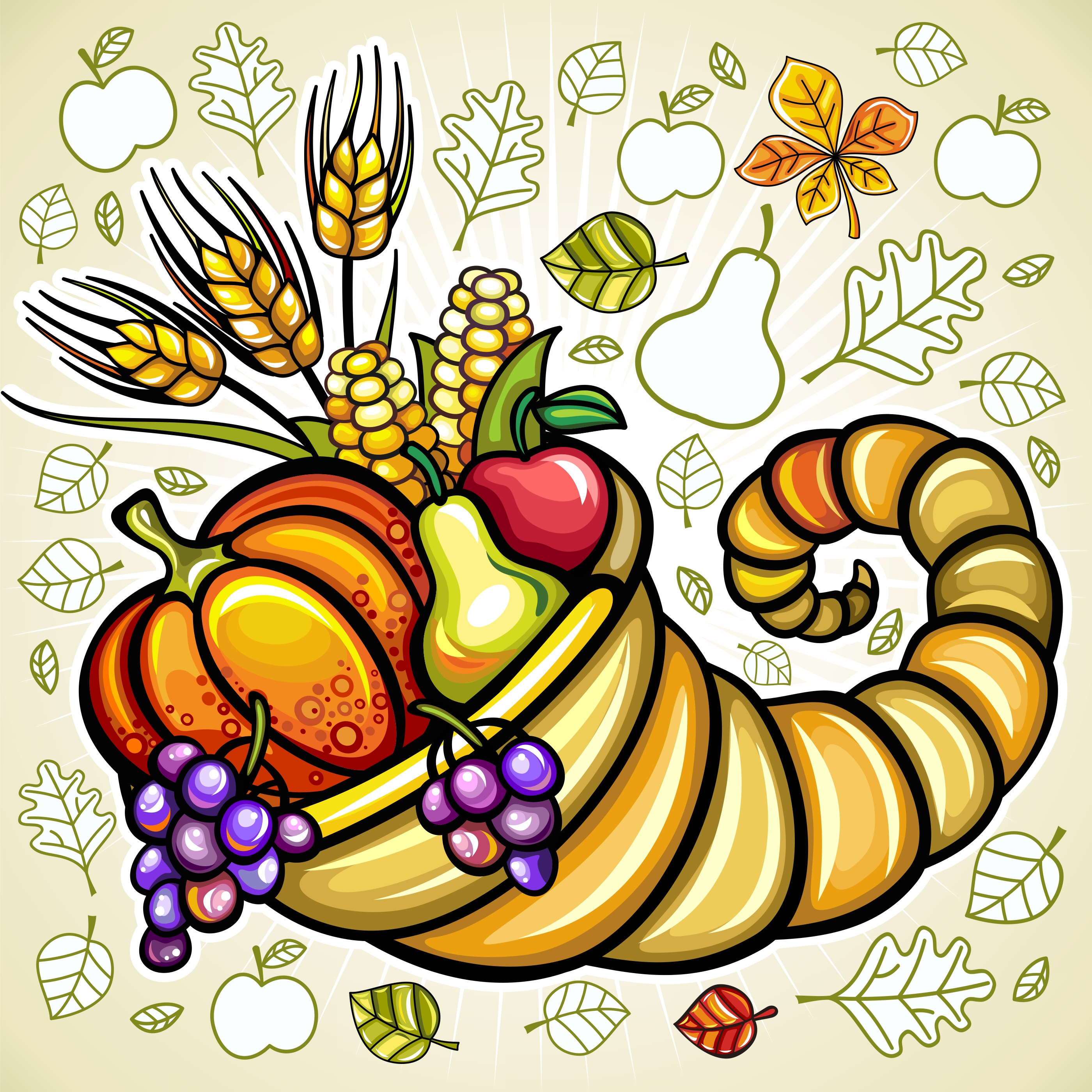Avoid these common health perils of Thanksgiving

With Thanksgiving rapidly approaching, here are a few tips to help you avoid some common health hazards related to this holiday.
One of the more typical reasons for a trip to the emergency department on Thanksgiving Day (and most days, frankly) is accidental cuts to the hands. Be careful cutting up that turkey! Always use a carving fork, and although the household might be busy, try to avoid distractions when working with knives. Thankfully most such injuries can be repaired in the ED, but occasionally are bad enough to warrant being seen by a hand surgeon. For simple cuts to the hand, we generally place non-absorbable stitches that need to be removed in about 10 days. Most of the time, antibiotics are not needed — just a really good washout and cleaning prior to stitching.
Everyone “knows” about the dangers of cooking turkey, yet somehow nationwide, each year, the rate of residential fires more than doubles during this time frame. Never leave the house with the oven on, and check on the turkey frequently. If you choose to deep-fry a turkey, always do this outside, and always make sure the turkey has thawed first. Placing a frozen turkey into a deep fryer can cause explosions of hot oil, which can lead to third-degree burns and other serious injuries. If you’re frying a turkey, always wear good footwear, practice fire safety, and monitor children in the area.
Most birds carry bacteria, and the turkey is no exception. The most common pathogen is Salmonella. If cooked properly, this poses no harm. Under-cooked, the bacteria can cause diarrhea, vomiting, fever, and general illness that ranges from uncomfortable to life-threatening. The recommended temperature for a cooked turkey is at least 165° F, and should be checked by thermometer. Did you know that if you have any questions about cooking your turkey, you can call the Butterball hotline? Even on Thanksgiving Day! (800-BUTTERBALL/800-288-8372)
Delicious holiday foods are usually well seasoned …with salt. For most adults this does little more than make you thirsty, but for people with congestive heart failure or chronic edema (water retention), extra salt can place increased stress on the body. If you have these conditions, please be careful with what and how much you eat. Inevitably, we will see a few patients with episodes of worsening heart failure in the emergency department … usually the day after a holiday.
Last but not least, be careful about driving. It’s all too common to see drunk drivers during Thanksgiving time. It is historically the most dangerous time of the year for car accidents and subsequent fatalities. Monitor how much you drink, and remember that even if you are sober, unfortunately not everyone else out there is. Be extra attentive. Drive safe!
Have a happy and healthy holiday season!
About the Author

Jonathan Nadler, MD, Contributor
Disclaimer:
As a service to our readers, Harvard Health Publishing provides access to our library of archived content. Please note the date of last review or update on all articles.
No content on this site, regardless of date, should ever be used as a substitute for direct medical advice from your doctor or other qualified clinician.












